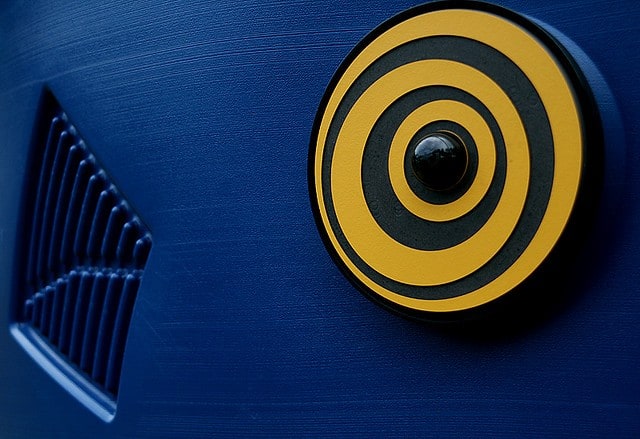We all experience a great deal of stress in our lives. Work, relationships, and dozens of other tiny frustrations can make the days seem quite long and sometimes unbearable. While there are many techniques people are aware of to reduce stress, one that is often over-looked, or not well-known, is self-hypnosis.
What is Self-Hypnosis?
Self-hypnosis is a state of hypnotherapy that uses the power of suggestion to improve personal well-being. Whether you or another person is hypnotizing you, all hypnosis is self hypnosis because it is you who is allowing the process to take place. The human brain is only as susceptible to hypnotic suggestions as an individual personally allows.
The principle difference between self-hypnosis (also called autohypnosis) and clinical or stage hypnosis is that self-hypnosis utilizes the power of self-suggestion as opposed to relying on the guidance and direction of a professional hypnotist.
There are four primary requirements needed for a self-hypnotic state to be induced: 1) Motivation 2) Relaxation 3) Concentration 4) Direction
How it Works
When used correctly, self-hypnosis, like meditation, allows a person to achieve a deep state of relaxation, enabling the mind to be open to suggestions that would otherwise be rejected by the critical mind.
In the state of hypnosis you create powerful mental images that further the relaxed state as well as train the mind to do what you want it to do. You can also create a “trigger phrase” that allows for a quick return to a state of relaxation.
Self-hypnosis is becoming an increasingly popular technique that doctors and psychologists prescribe to patients for reducing stress, ridding bad habits and boosting self-confidence.
The great advantage is the ability for a patient to use it outside the presence of a specialist. It also allows a therapist to strengthen a message to a patient by having the patient mentally focus on and reinforce the same idea outside of formal therapeutic sessions.
Once a decision has been made to incorporate hypnosis into a stress-management routine, the next step is actually beginning its use. A typical session lasts 15-25 minutes, but it can be as long or short as the user chooses, even a few seconds.
How to Use It
Step 1: Find Your Spot
Ambiance is extremely important for maximizing the effects of hypnosis. In fact, you may find that a relaxing atmosphere alone is enough to begin calming frazzled nerves. Find a spot that is quiet, comfortable, and secluded from any possible distractions.
Step 2: Relax
Close your eyes and take deep breaths, in through the nose and out through the mouth. While exhaling, say the words “relax now” in your head and imagine your stresses are being exhaled with your breath. View this relaxation as your body ridding itself of all toxins, both physical and mental.
Step 3: Visualize
An extremely common visualization is imagining yourself at the top of a flight of stairs and descending one step with each breath out. Climb down 10, 30, or even 100 steps, depending on how deeply you want.
Once you’ve reached the “bottom,” visualize yourself in your favorite relaxation spot (beach, garden, etc.) and explore this haven as much as possible.
Professional hypnotherapists say that one of the best ways to experience this mental image of your favorite place is to invoke as many of the senses as possible. Smell the flowers in the garden, taste the salt on the sea air, feel the fabric of your favorite recliner – this will make your mental illusion seem all the more real.
So the next time you’re feeling stressed, lie back, close your eyes, and relax with a little hypnosis on your own…
Take our quiz here to find out how stressed you are.
This article was reviewed and approved by expert Hypnotherapist Sasha Carrion.
Featured photo by Bohman


1 comment
Very informative, self-hypnosis is a growing need in our increasingly fast-paced, stress inducing lifestyles.
Comments are closed.